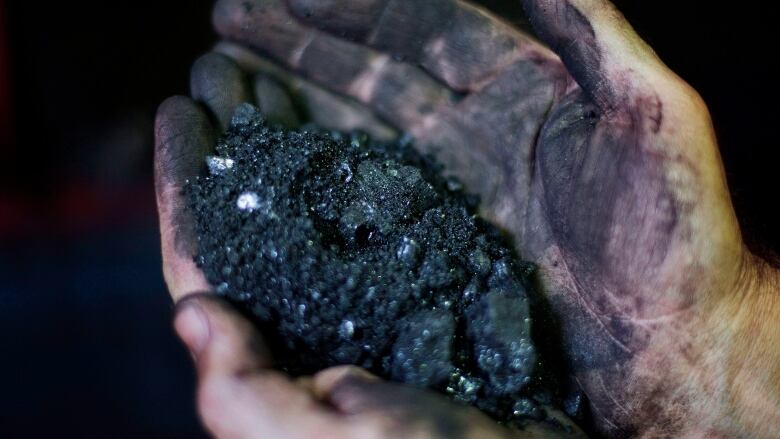Canada a leader among G20 for plan to phase out coal, says report
While Canada ranks high when it comes to phasing out coal, itlags others on renewable energy

Canada is one of the world'sleaders when it comes to phasing out the use of coal power, according to a global report, that shows the country substantiallyreduced its energy supply fromcoalover a five-year period.
Canadaalong with European countriesFrance, Italy and the U.K. lead the group of G20 countries when it comesto plans compatible with the Paris Agreementto phase out coal by 2030, saidClimate Transparency in thereport. The agency is made up of 14 global environmental groups that trackclimate actionamong the G20.
"In 2018, the federal government of Canada amended its regulations to accelerate a coal phase-out by 2030 for the whole country," the report said."This followed the Canadian government's leadership in establishing the Powering Past Coal Alliance in November 2017, together with the U.K. government."
The report is referring to the announcement made by the federal governmentlast year to speed upthe transition from traditional coal power to clean energy in an effort to reduce carbon pollution by 16million tonnesin 2030.
The report also showed that Canada reduced its absolute energy supply from coal by 13 per cent in the five-year period between 2012 and 2017. That follows biggerreductions by the U.K., Italy, France, the European Union and the U.S. in the G20. Ninecountries in the group, mainly in Asia, actually saw their energy supply from coal increase in the same time.
Overall, absolute energy supply from coal in the G20 only fell by 0.9 per cent over the five years.
"In Canada, a planned phase-out of coal-fired power plants, particularly in Ontario, has led to decreasing coal consumption," the report said. "The new government absorbed the cost of the phase-out and combined it with an overall reform of the electricity sector and with promoting renewable energy."
Ontario phased out coal power generation by 2014 byshutting allcoal-fired plants.
The report addedthat most G20 countries are currently still building,or plan to build more coal power plants.
"G20 governments continue to provide at least $39 billion US of government support per year for the production of coal, including coal-fired power," the report said.
'Low' rating forrenewable energy
While Canada ranks high when it comes to phasing out coal, itlags other G20 countries when it comes toreplacing that power with renewable energy.
Canada was ranked in the "low" category, along with Australia, Indonesia, Saudi Arabia, the U.K. and the U.S., when it came to targets and adequate policy for renewable energy.
"Canada has a high share of hydropower in its electricity mix, but has not set itself a 100 per cent renewable target, and the share of other renewable sources is still very low," the report said. "Responsibility for renewable support schemes lies at the provincial level."
Renewable energy accountedfor just over 17 per cent of Canada's total energy supply, according to government data from 2016.












_(720p).jpg)


 OFFICIAL HD MUSIC VIDEO.jpg)
.jpg)



























































































